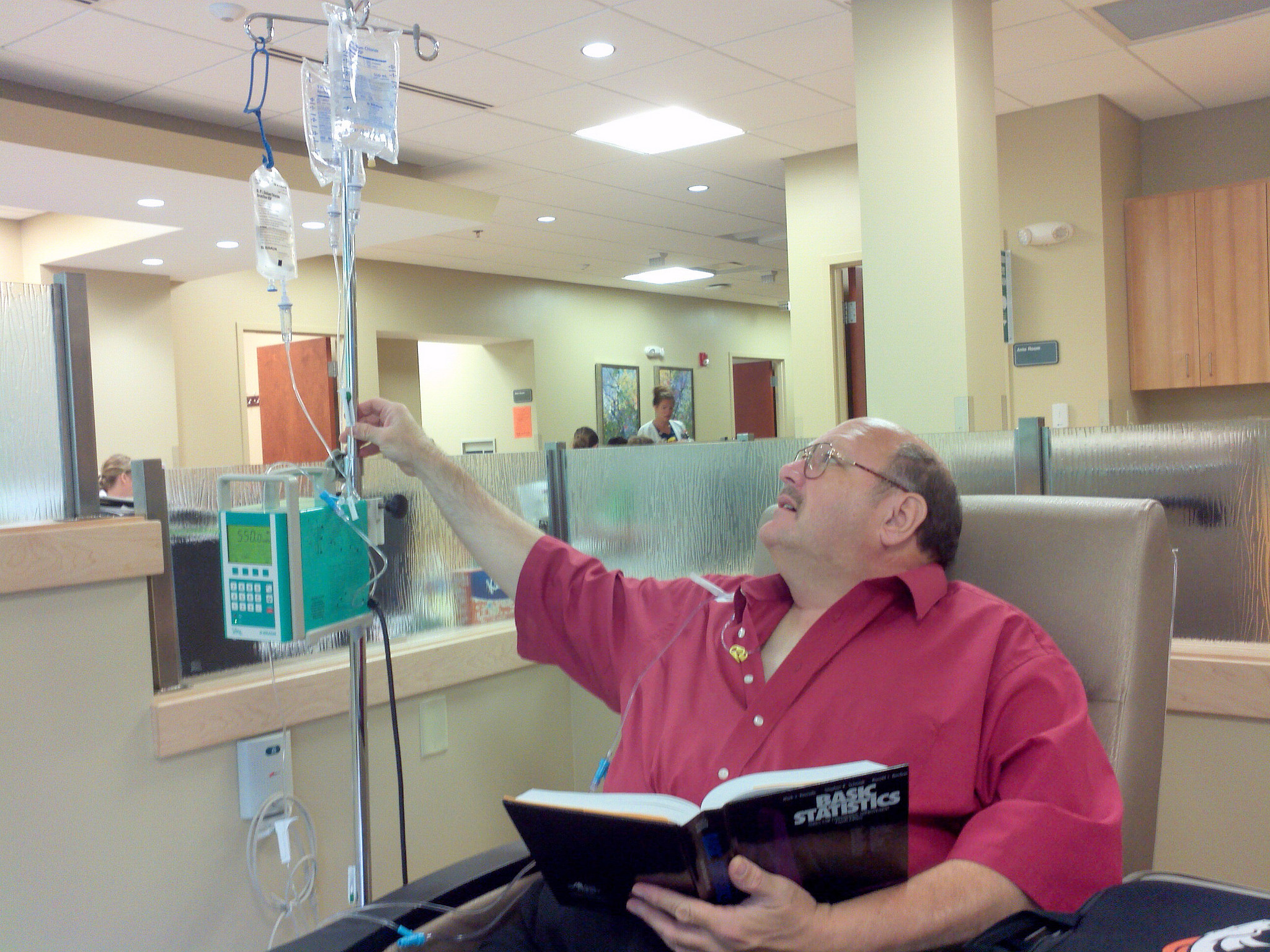A group of the leading cancer experts in the US have targeted the high cost of cancer drugs and prescribed action, mostly calling for changes in legislation and for more focus on the patients.
We all know that healthcare can be expensive, but when you have to deal with a condition as complicated and sensitive as cancer, money is the last thing you want to have to think about. Unfortunately for most patients, the drugs for cancer treatment are expensive and can easily cost a US household (with an average gross income of $52,000 per year) more than half of their average household income.
Even though the incidences of cancer have gone down in the past few years, the price of cancer drugs have gone up. A 2015 study found that cancer drug prices have risen by an average of $8,500 per year over the past 15 years, while the average household income decreased by about 8% from 2000 to 2012. In addition, a drug sold in the US can be 50-100% more expensive than the same patented drug in another country. Many of the drugs must be used sequentially or in combination, so each new drug is monopolized by a pharmaceutical company through patent protection for many years. The high costs to patients are also due to legislation that prevents Medicare from negotiating drug prices and the lack of pricing based on effectiveness.
Image Source: fstop123
The price of the cancer drugs obviously affects the care doctors are able to give to their patients, especially when its cost accounts for about 40% of the patient’s medical bills. These patients already have a lot of expenses, and lowering their costs from that 40% chunk would probably help quite a bit. Even with insurance coverage and financial assistance programs from drug companies, there are potential holes in coverage that do not cover the expensive medications, strict qualifications for those programs, and many other roadblocks that require extra energy, time, and resources from doctors and their patients.
The experts have recommended the following actions to help reduce the high cost of the drugs:
- Create a review stage after the drug’s approval by the Food and Drug Administration (FDA) to propose a fair price based on the value to patients
- Allow Medicare to negotiate drug prices
- Allow the Patient Centered Outcomes Research Institute and similar organizations to include drug prices in the assessment of treatments
- Allow the importation of cancer drugs across borders for personal use as prices are often cheaper outside of the US
- Pass laws to prevent drug companies from delaying access to generic drugs
- Reform the patent system so that it is harder to keep products exclusive
- Encourage organizations that represent cancer specialists and patients to consider the value of drugs and treatments when creating treatment guidelines
- Support patient-based, grassroots movements that advocate against high cancer drug prices and draw the attention of pharmaceutical companies and elected representatives to advocate for the interests of the most important stakeholders in cancer–the patients.
Feature Image Source: Counselman Collection










